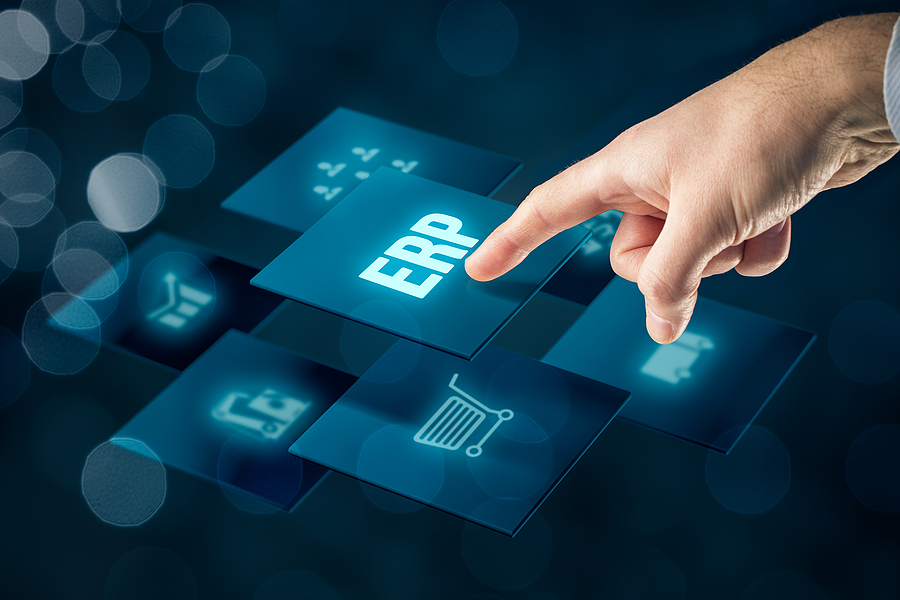It’s not too early to get ready for a successful end-of-year close. Data cleansing should be part of your plan. Taking some time for data management will pay off going forward. Your business will run more efficiently, you will have fewer compliance issues, and customer satisfaction rates will increase.
Why You Need Data Management
Businesses routinely collect a considerable amount of data. The types of data include:
- Company Communication Records. You may be required to keep records of emails, text messages, social media posts, and cell phone calls for compliance purposes.
- Sales Data. The sales department is the engine that keeps the company moving forward. Since it is a crucial component in the business, you’ll want to collect a lot of sales data, like revenue, distribution channels, profitability, price points, etc.
- Customer Records. The company needs to collect customer contact information, including its billing address and the names of decision-makers. Your customers may change locations or open branches that you also deal with. The customer contacts you deal with may change over time. If the records are not updated, it can prove embarrassing and inefficient when trying to reach out to a customer.
- Human Resources Records. Employees are asked to provide personal information when they are hired. The company also has job applications, payroll details, and employment records for current and former employees. The human resources department also keeps track of benefits data for employees.
All of this data adds up over time. You need to ensure that it is accurate, as well as secure, and organized.
- Data management, or data cleansing, removes all incorrect or outdated information. You have current records at the end.
- Your team does not have to go through outdated documents to find the information they need. They will have current data available and will be able to focus their attention on more productive tasks.
- Some of your data may be duplicated in records held by different departments. Cleaning it ensures that the data is accurate and consistent throughout the company. Consistency makes preparing your year-end documents for tax preparation a quicker and easier process.
Data Cleansing Methods and Tips
Data cleansing methods vary depending on the type and size of the business you are running. You may be cleaning data from one database or multiple ones.
- If the data is already stored on spreadsheets or in a database, it is easier to assess how much you currently have, whether it is easy to understand by users, and what needs to be updated.
- Create a copy of your spreadsheet and make changes to the copy. This method protects the data in the original in case you or a member of your team makes an error.
- Copy the updated sections to the original spreadsheet once the data has been cleaned and you know it is error-free. This method may seem time-consuming, but it allows for two versions of your data during the clean-up. You don’t risk deleting your valuable data during the process.
- Use software functions to help streamline the process.
Address Validation From Acumatica Cleans up CRM Addresses
Address Validation from Acumatica cleans up the addresses in your CRM. This cloud-based service, which is built into the Acumatica xRP platform, works with a single click. Addresses are validated against multiple external databases used by UPS, FedEx, and USPS. Your ERP is a powerful software tool used to manage your business’ daily operations. Before year-end, clean up your data to increase efficiency, ensure compliance, and boost customer satisfaction. Contact us today to learn more about what Acumatica Cloud ERP can do for your business with a free consultation

